Wurstfest: A Culinary, Cultural, and Economic Masterpiece

Looks at the ethnic, cultural, and economic factors that drove the development of Wurstfest, one of the biggest German ethnic festivals in the United States.
#MigKnow Notes 19
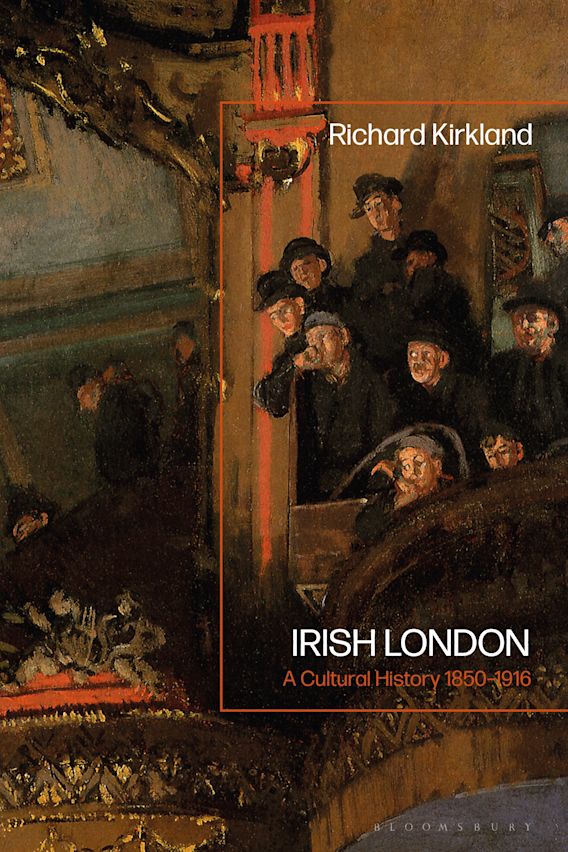
Roundup of calls for papers, submissions, conference reports, new publications relevant to Migrant Knowledge.
Exploring Texas German Foodways
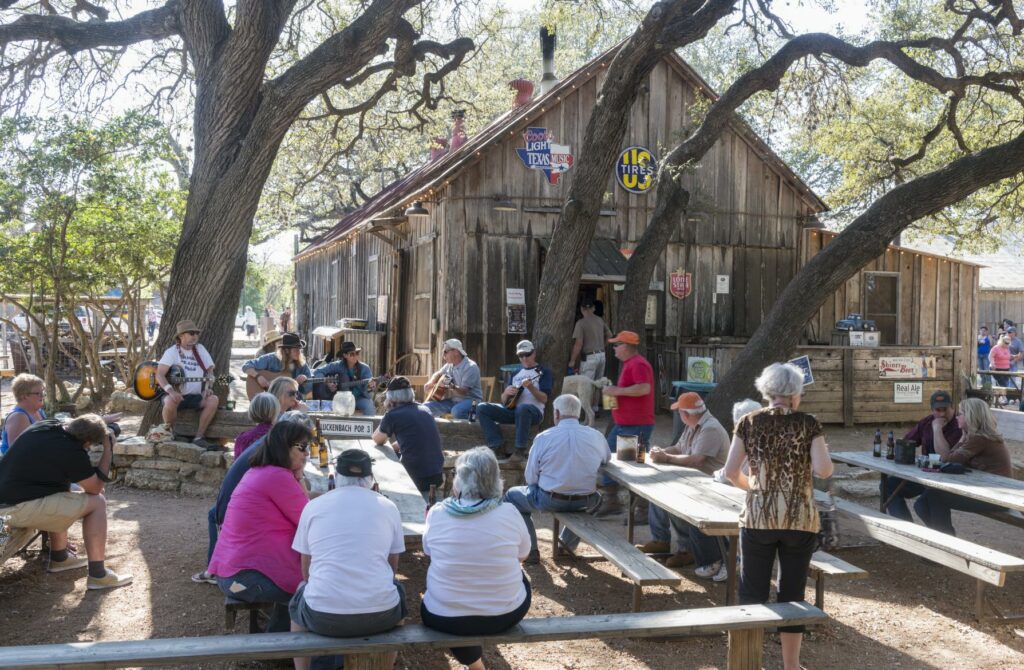
Examines the ways that German immigrants to Texas adjusted and adapted their foodways to the foods available and affordable in their new home.
Knowledge between Romanticism and Reverence: German-American Perceptions of Native Americans through the Art of Friedrich Richard Petri
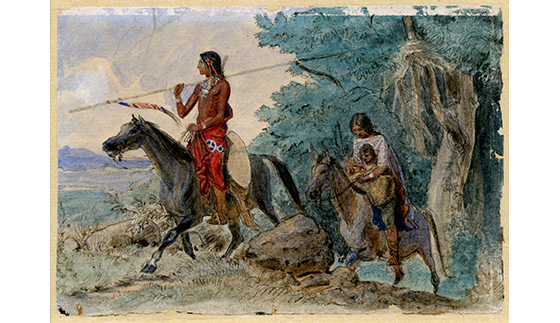
Examines the knowledge and images of Native Americans conveyed through the art of Texas German Richard Petri.
Gaining Knowledge about the Comanches: Meusebach’s Path Towards a Notable Treaty
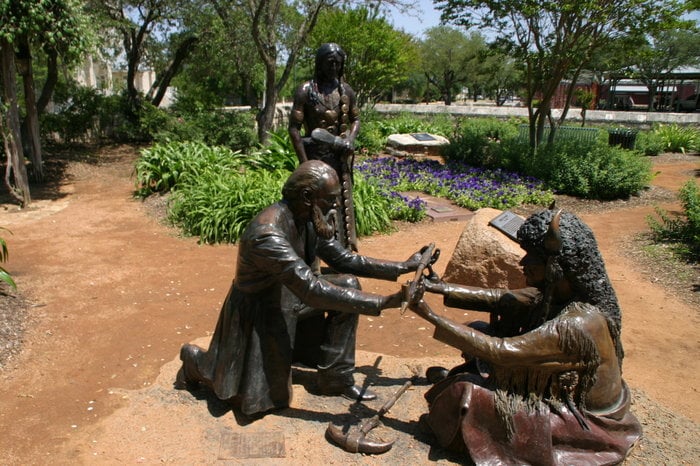
Examines the sources of knowledge about the Comanches available to John Meusebach when he sought to make a treaty with them.
‘On to Texas’: An Introduction to the Miniseries on Texas Germans
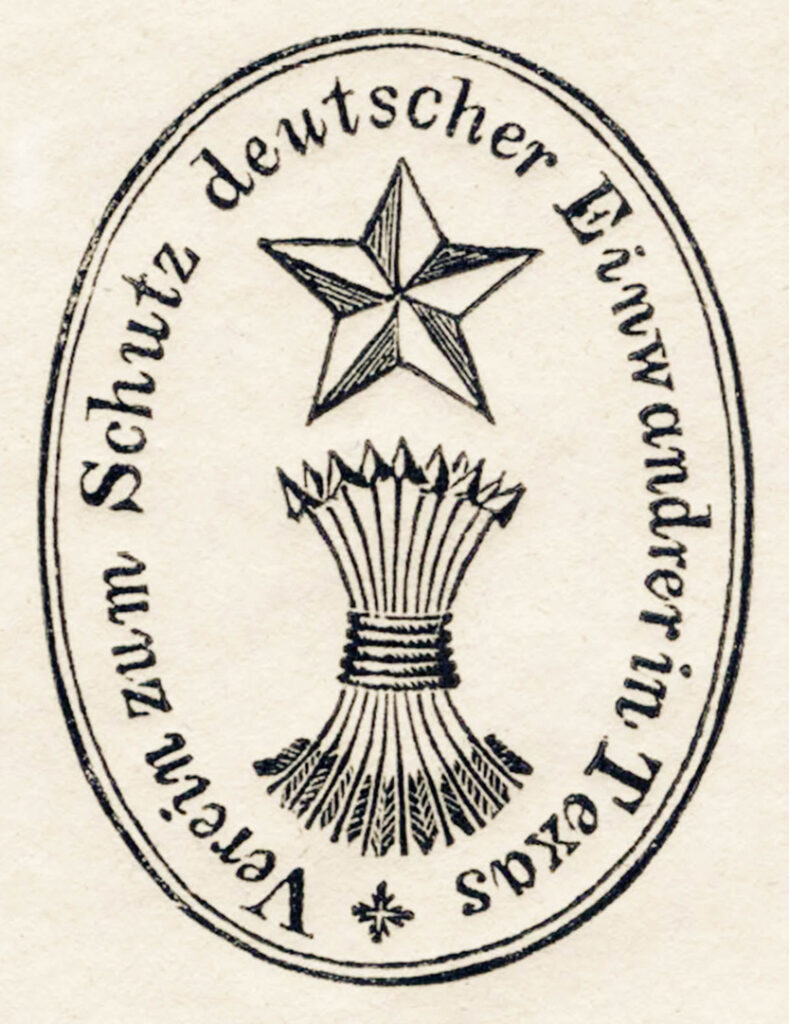
Weiss introduces a miniseries on German migration to Texas and knowledge transfers that occurred between German settlers and Texans.
Cultural Crossroads: The Assumptionists and Their Transnational Exchange in the Ottoman Orient

Describes the Assumptionist and Oblate missions as part of the Mission d’Orient in the Ottoman Empire, focusing on them as a cultural bridge that fostered the exchange of knowledge between East and West.
Call for Proposals: Online Source Portal ‘History of the German-Jewish Diaspora’

Call for proposals from the Moses Mendelssohn Center for European-Jewish Studies for an online source portal called “History of the German-Jewish Diaspora”
CfP: Mapping German Film Exile: A Transnational Perspective
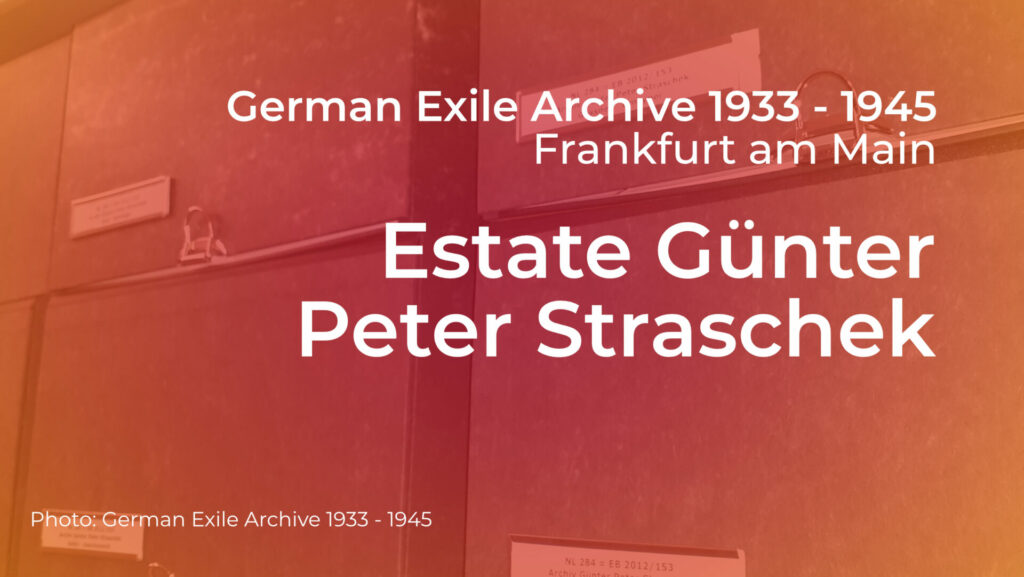
CfP for Mapping German Film Exile: A Transnational Perspective
Shared Spaces of Knowledge: Russian Exiles and the V. P. Kuzmina Gymnasium in Interwar Bulgaria
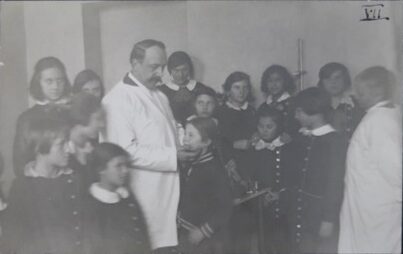
In 1924, a private gymnasium opened its gates, welcoming children of Russian exiles to the Bulgarian capital of Sofia. The founder of the school, Varvara Pavlova Kuzmina, a teacher from St. Petersburg, had settled in […]
